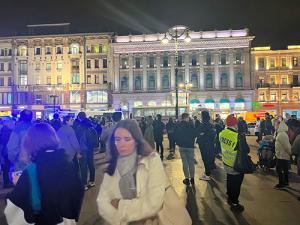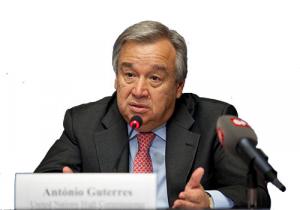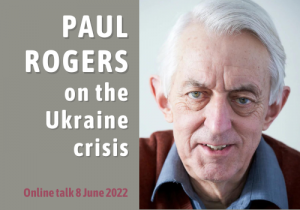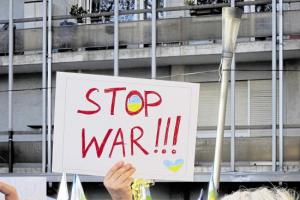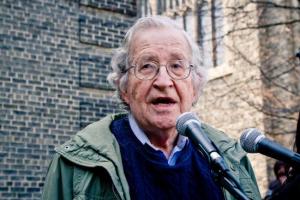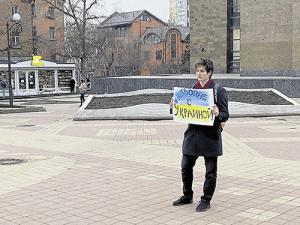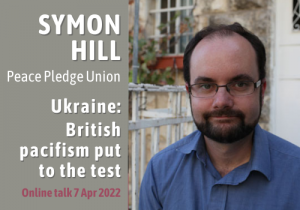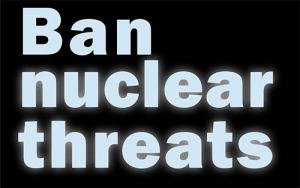Anti-war campaigners took to Russia’s streets on 21 September after the government there announced that it would be calling up 300,000 reservists to fight in its ‘special military operation’ in Ukraine. Brutal repression had put a stop to mass protests earlier in the year (see PN 2659), but the new announcement led to a new surge in protests.
It was reported that, in the hours after president Vladimir Putin’s speech on television launching the new policy, at least 300 people…


